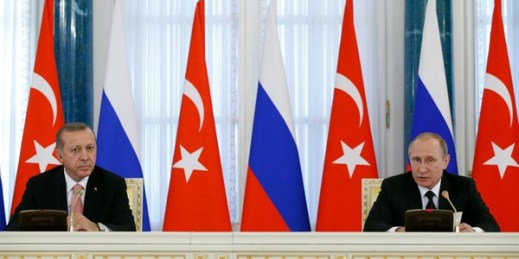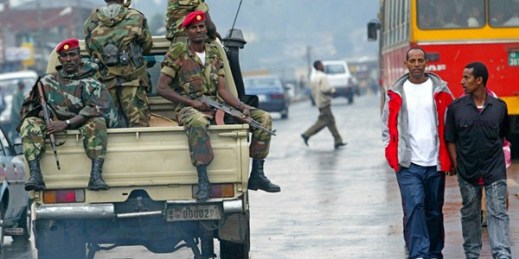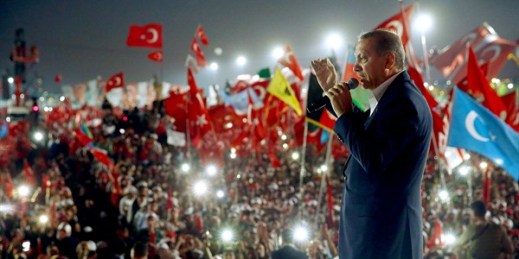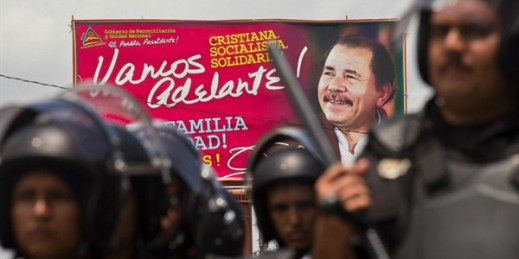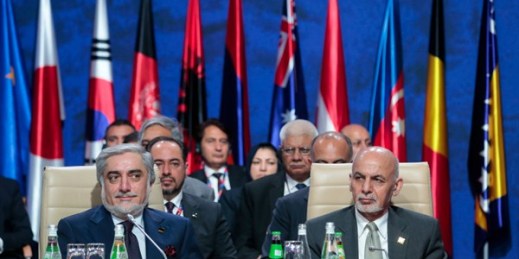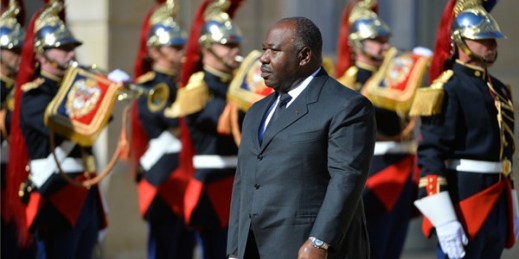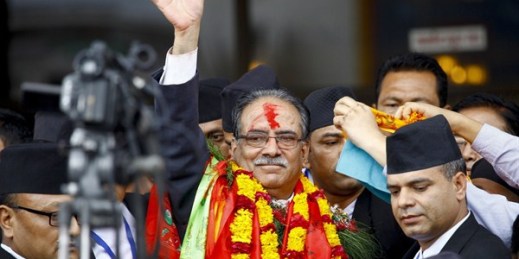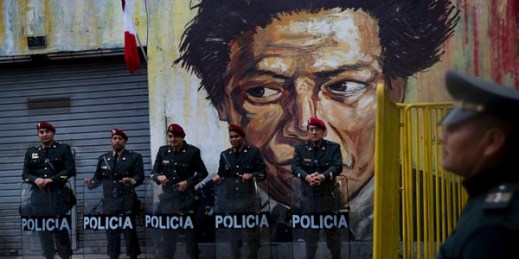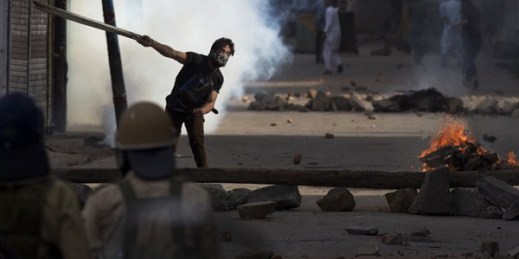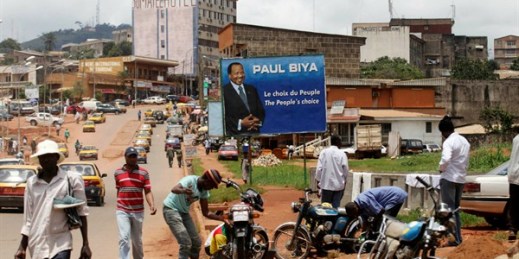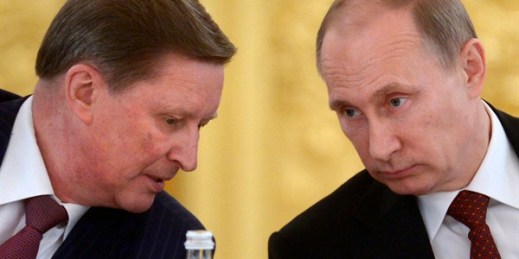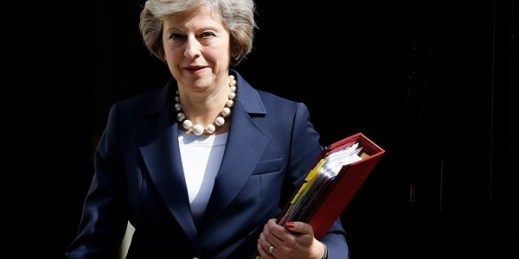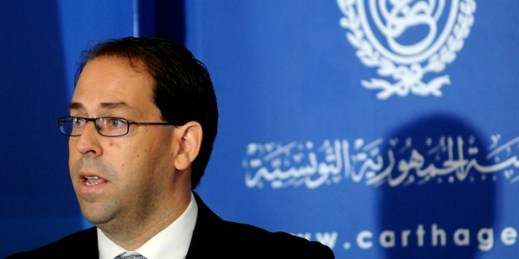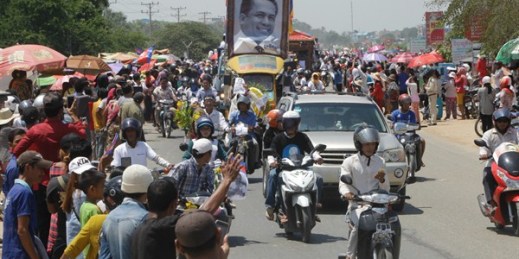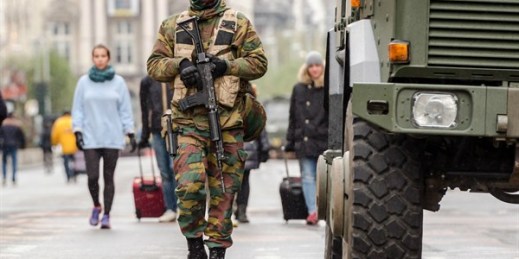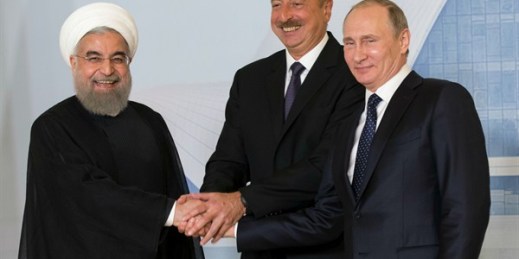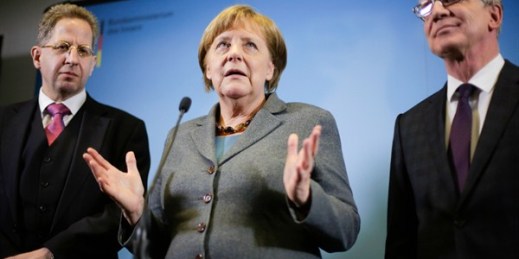
Terrorist attacks and other violence this summer have put Germany on edge and worsened political tensions over Berlin’s handling of the refugee crisis. One week in July saw four attacks in multiple German cities, killing a total of 10 people; three were committed by men who had entered the country as asylum-seekers. Even before this violence, public sentiment toward refugees and migrants had soured after reports of widespread sexual assaults and other crimes that took place on New Year’s Eve in the German city of Cologne, perceived as being linked to the influx of refugees. In early August, the government […]

